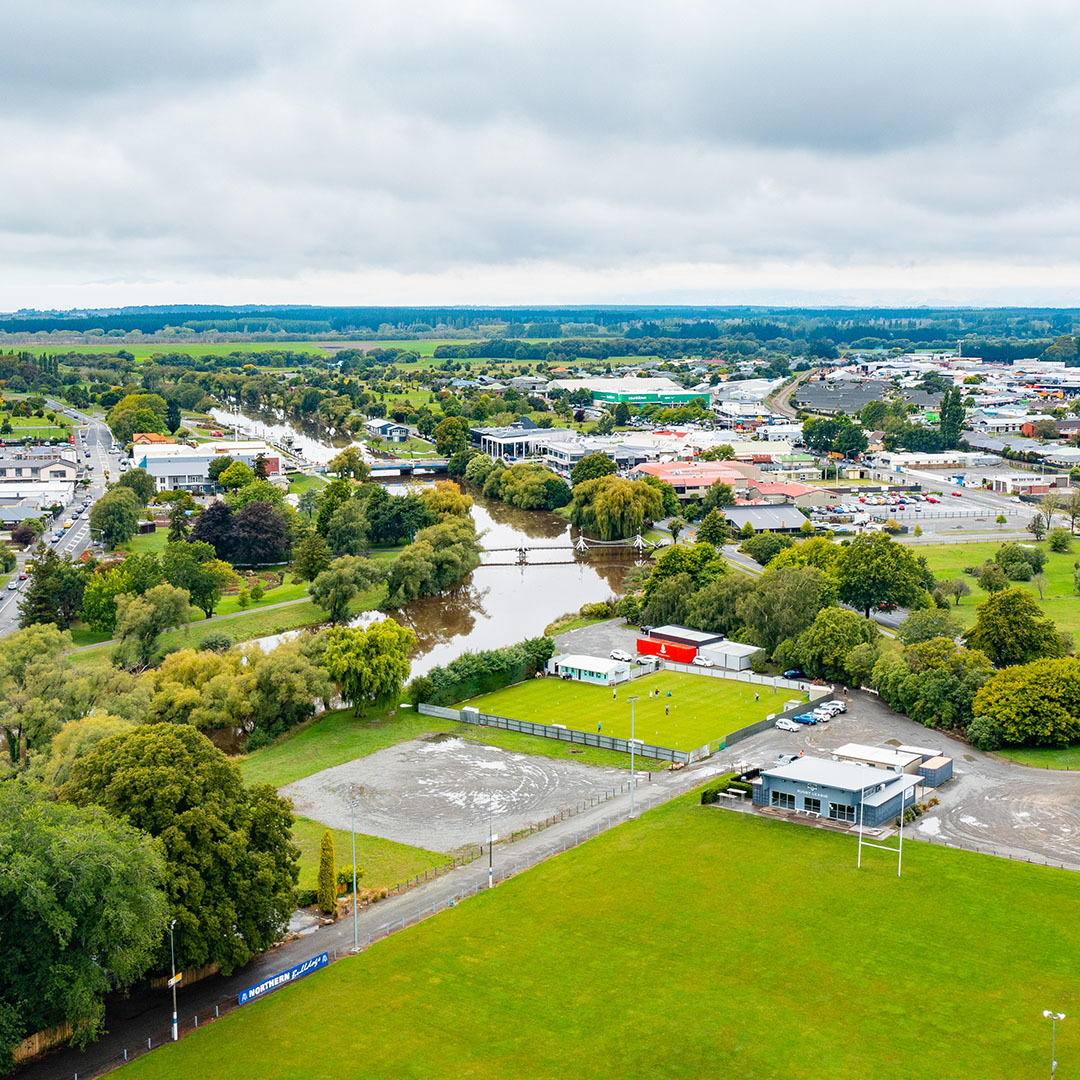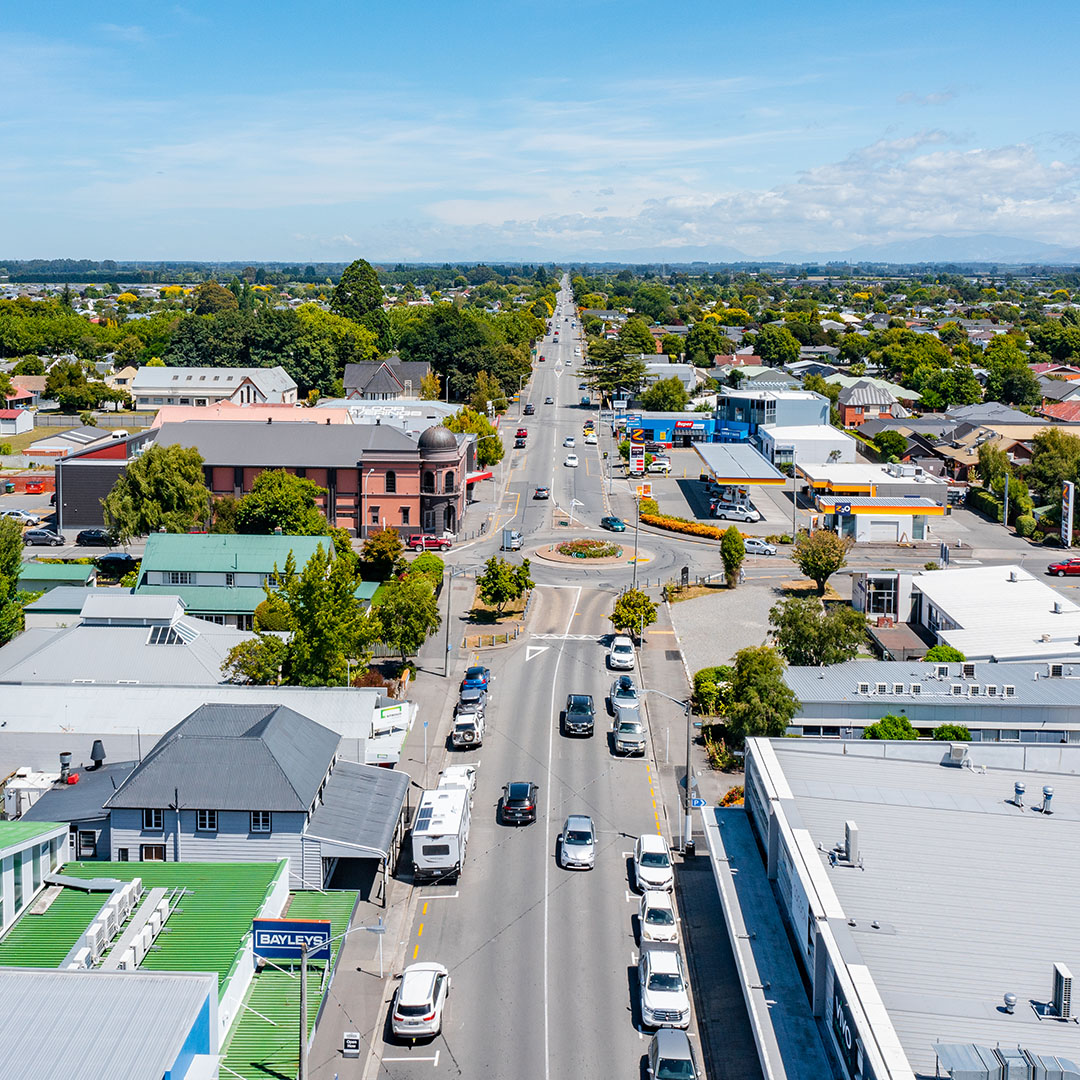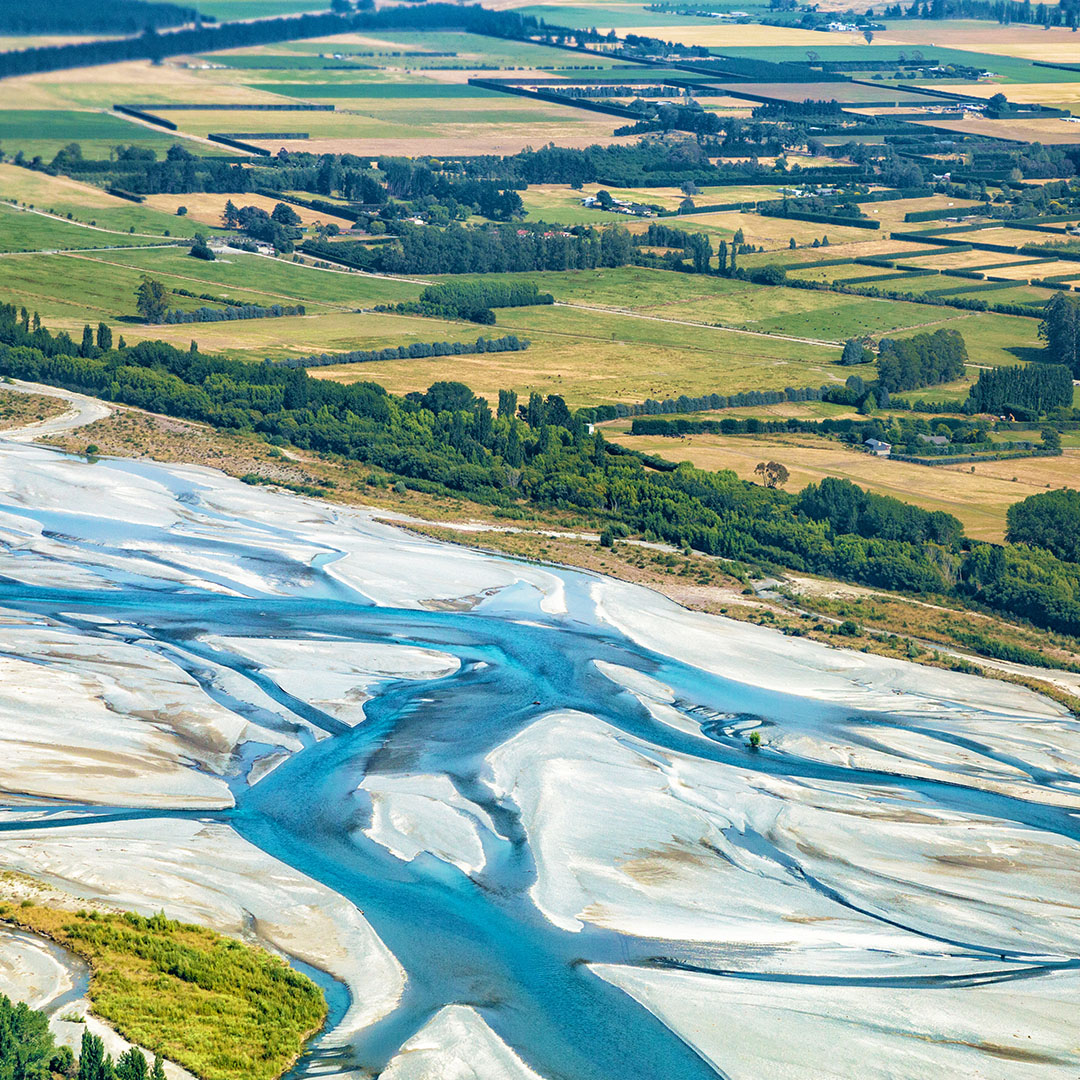The names of places in Waimakariri hold deep historical and cultural significance, with many deriving from Te Reo Māori and reflecting the natural landscape or the activities that took place there.
This is an extract from the September 2024 e-Newsletter
Waimakariri: A River of Cold Waters
Translated into English, Waimakariri means "cold water" or "river of cold waters." The Waimakariri River is a major waterway, flowing from the Southern Alps to the Pacific Ocean. For Ngāi Tahu, the river was not only a source of life and sustenance but also a crucial route for travel and trade. The coldness of the river, derived from glacial melt, is central to its name and emphasises the Māori tradition of naming places based on their physical characteristics.

Kaiapoi: A Hub of Food Gathering
Kaiapoi carries a name that highlights its historical role as a centre for food gathering and trade. The name "Kaiapoi" comes from "kai," meaning food, and "poi," which refers to a poi or net used to gather and transport food. Historically, Kaiapoi Pā was a hub of trade, where food and goods were exchanged between various iwi and hapū.

Rangiora: The Place of Peace
Rangiora translates to "the place of peace" or "calm after a storm." This name reflects the tranquility of the area and its historical significance as a site of rest and sanctuary for Māori communities. Rangiora’s fertile lands and proximity to waterways made it an ideal location for settlement. For Ngāi Tahu, the name is a reminder of the harmony they sought with the land, balancing resource use with a deep respect for the environment.
Discover more Places of the Waimakariri
Stay informed, stay involved. |
|---|

